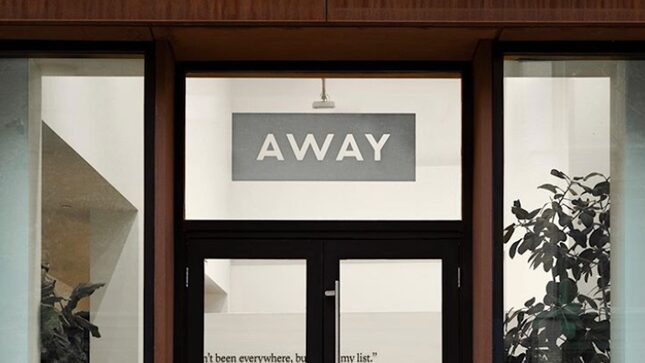Startups Are Too Often Pretty on the Outside, Shitty on the Inside
Latest

A decade ago, startup culture seemed like the great savior of the American workplace. Far from the florescent-hued prisons of workplace dystopia-themed movies like Office Space or Fight Clubs, many tech startups emphasized the importance of fun with amenities like nap spaces and ping pong tables. These shiny new spaces reflected the premise of positivity on which many startup were purportedly founded—changing the world for the better and building something inspiring.
But many years older and wiser, it’s now clear that these perks and promises are as much about creating an environment in which employees never leave the office, as they are about building a stylish, progressive-seeming brand. A recent report by the Verge chronicled difficult working conditions at Away, an Instagram-famous, direct-to-consumer luggage company, popular among celebrities and millennials. Hailed as a company that could do for luggage what Warby Parker did for eyewear, most Away employees describe beginning their jobs with a sense of excitement about working for a woman-founded company that ostensibly prioritized inclusion and emphasized travel. But employees say they soon found themselves working pretty much around the clock and were publicly berated over Slack for not working fast enough.
Slack is a pretty common in most offices, but at Away, employees say they were discouraged from creating private groups or messaging one another directly. In theory, this was to encourage transparency. Founders Jen Rubio (who is engaged to Slack CEO Stewart Butterfield) and Stephanie Korey said the open-Slack culture was in direct response to the old school boys’ clubs that often keep marginalized people from advancing:
-

-

-

-

-

-

-

-

-

-

-

-

-

-

-

-

-

-

-

-

-

-

-

-

-

-

-

-

-

-

-

-

-

-

-

-

-

-

-

-








































